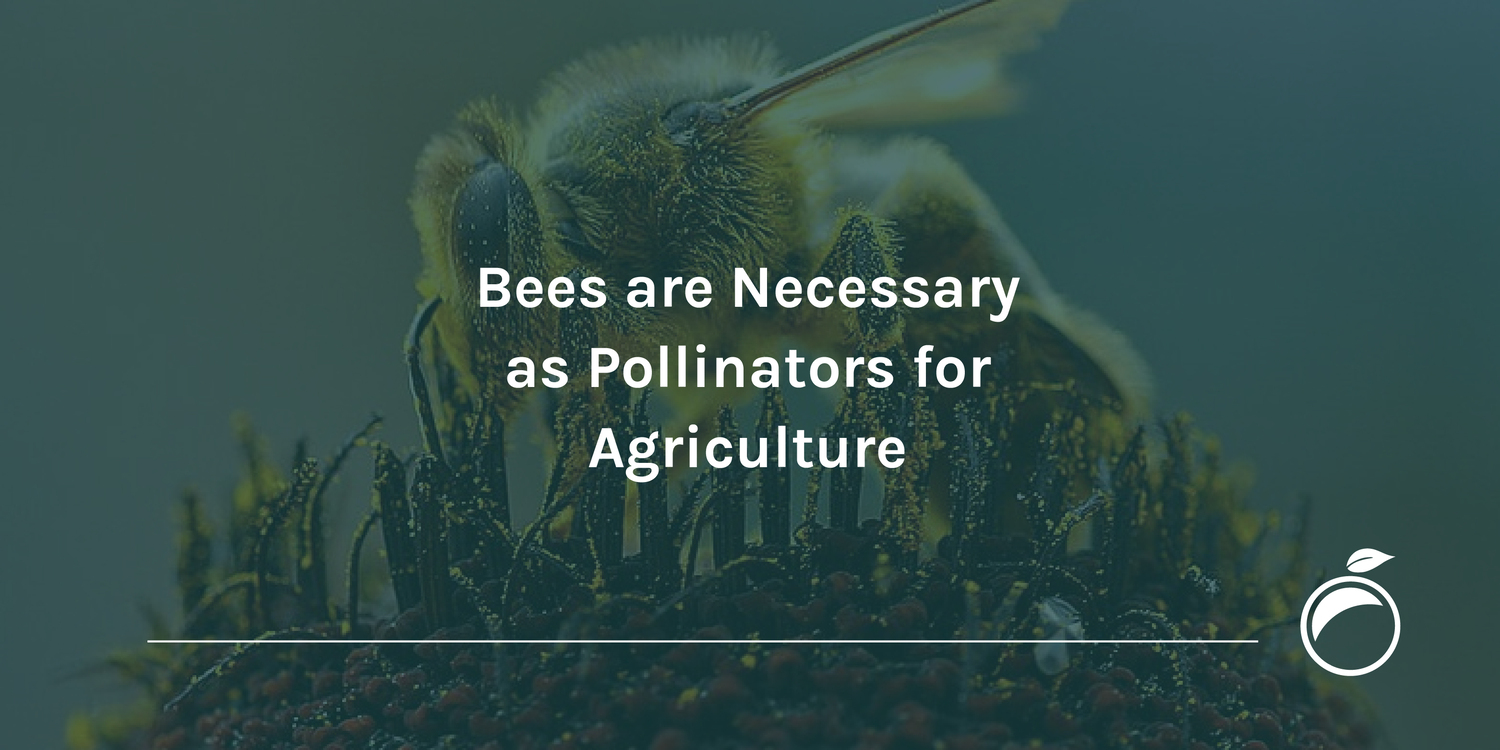
Bees are Necessary as Pollinators for Agriculture
The FAO estimates that 75% of agricultural crops require pollination, which makes bees and other pollinators very important in worldwide agri-food production. In fact, poor pollination is one of the main factors that prevent yield estimates from being achieved.
The main problem is that there is no information on the current situation of these pollinators. If there is no reliable information, then the measures taken to protect them may not be adequate.

For this reason, the new National Atlas of Bees and Apicultural Derivatives is of great importance at the national level, as it will allow Mexico to generate greater awareness about the current situation of bees and other pollinators.
The National Atlas of Bees
At the end of November 2021, SADER (Secretariat of Agriculture and Rural Development) and INEGI (National Institute of Statistics and Geography) introduced the Atlas, which aims to present the information that exists at the national level about the situation of bees.
The Atlas features diverse information on beekeeping, such as the characteristics of the honey, economic aspects of the domesticated species, technical breeding information, existing government support, the volume of production by state, and historical production data.
This information will form the basis for accurately identifying the state of bees at the national level. While we know the situation is worrying, as in the rest of the world, having more precise data on what’s happening is essential to establish adequate protective measures.
Bees and other pollinators
Bees are not the only pollinators for agricultural crops, and there are about 20,000 different bee species. Of these, only 5% are honey bees (Apis mellifera), but they are the most efficient pollinators. Additionally, they can thrive in almost all ecosystems, which gives them great economic importance.
The western honey bee is the most widely disseminated pollinator on the planet. It is estimated that there are approximately 81 million hives around the world, which pollinate a large quantity and variety of plant species.
Protecting bees and other pollinators is the responsibility of everyone dedicated to agriculture, since a pollination deficiency can represent a decrease of around 30% in most crops that require pollination.
Source
Agricultura
https://atlas-abejas.agricultura.gob.mx/
